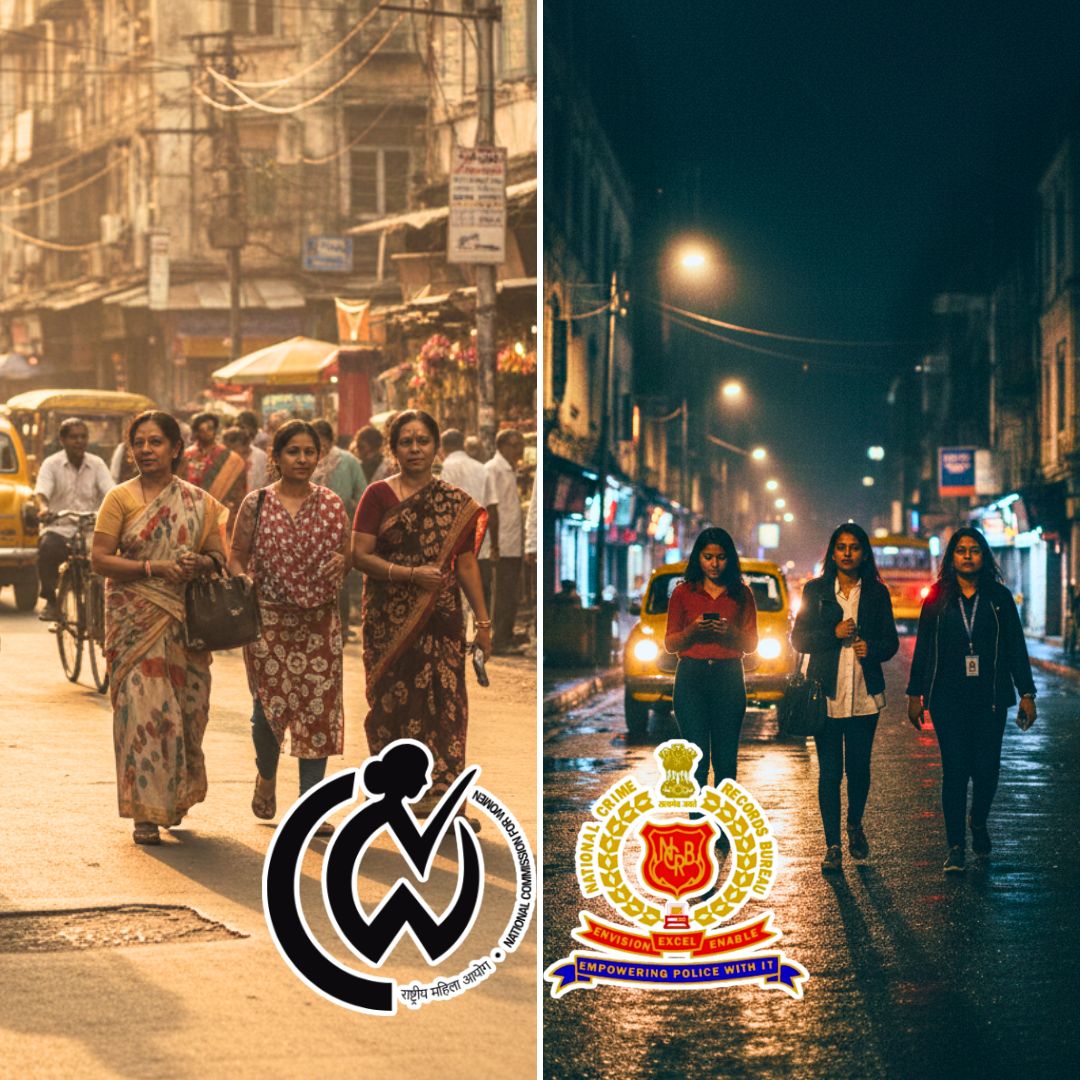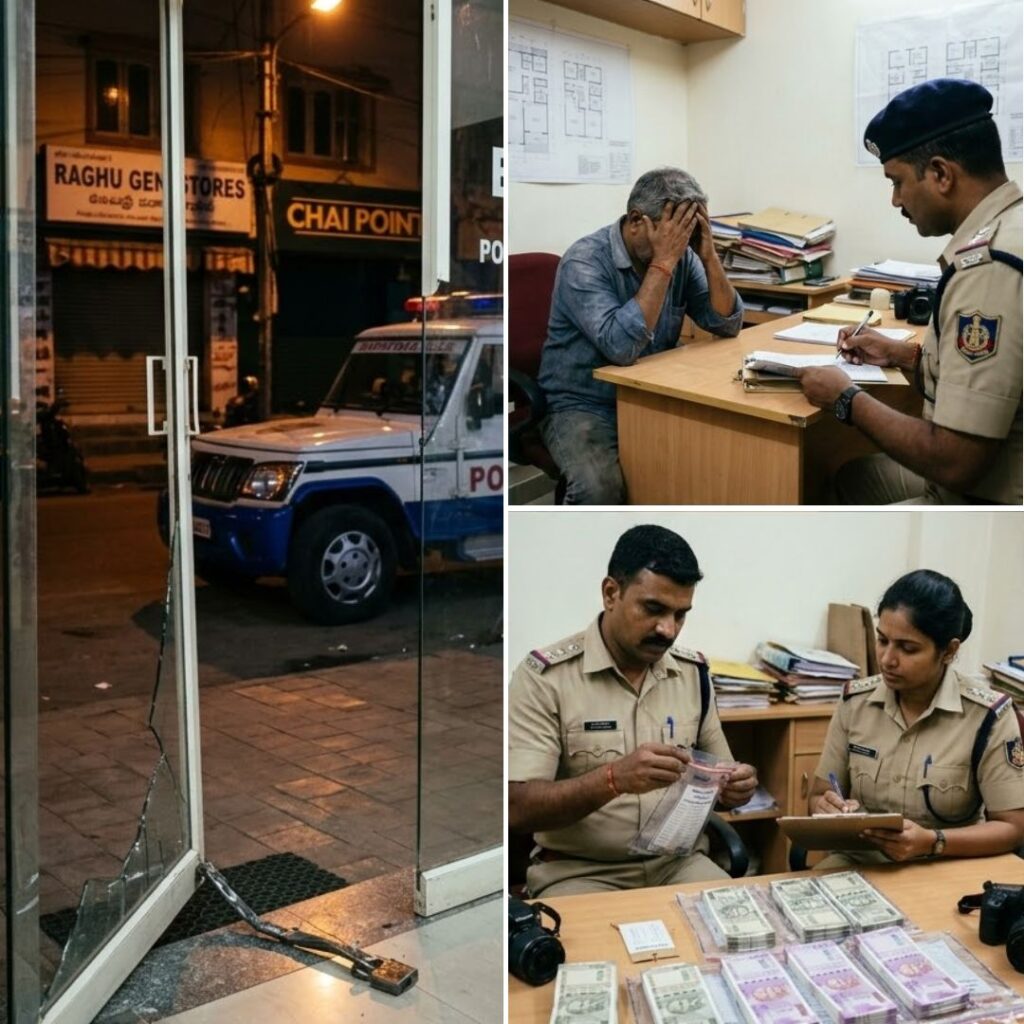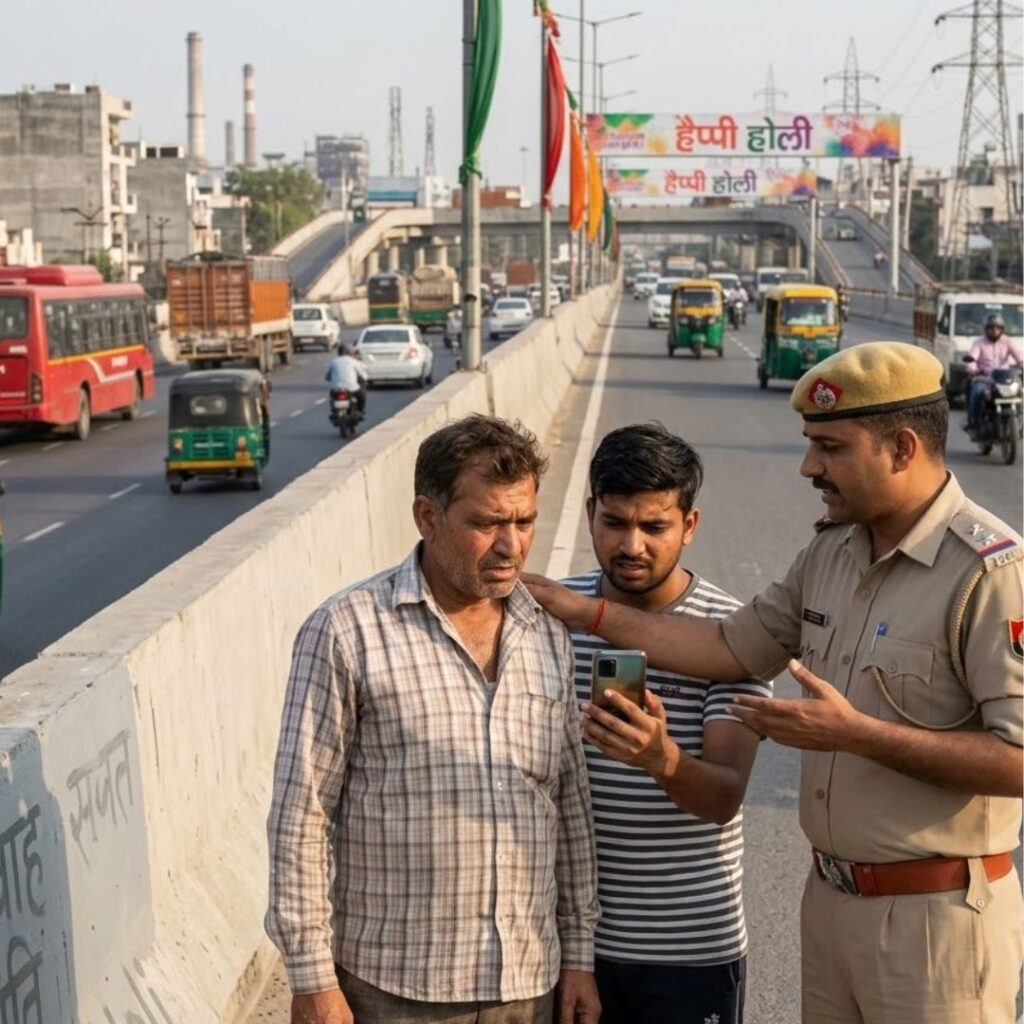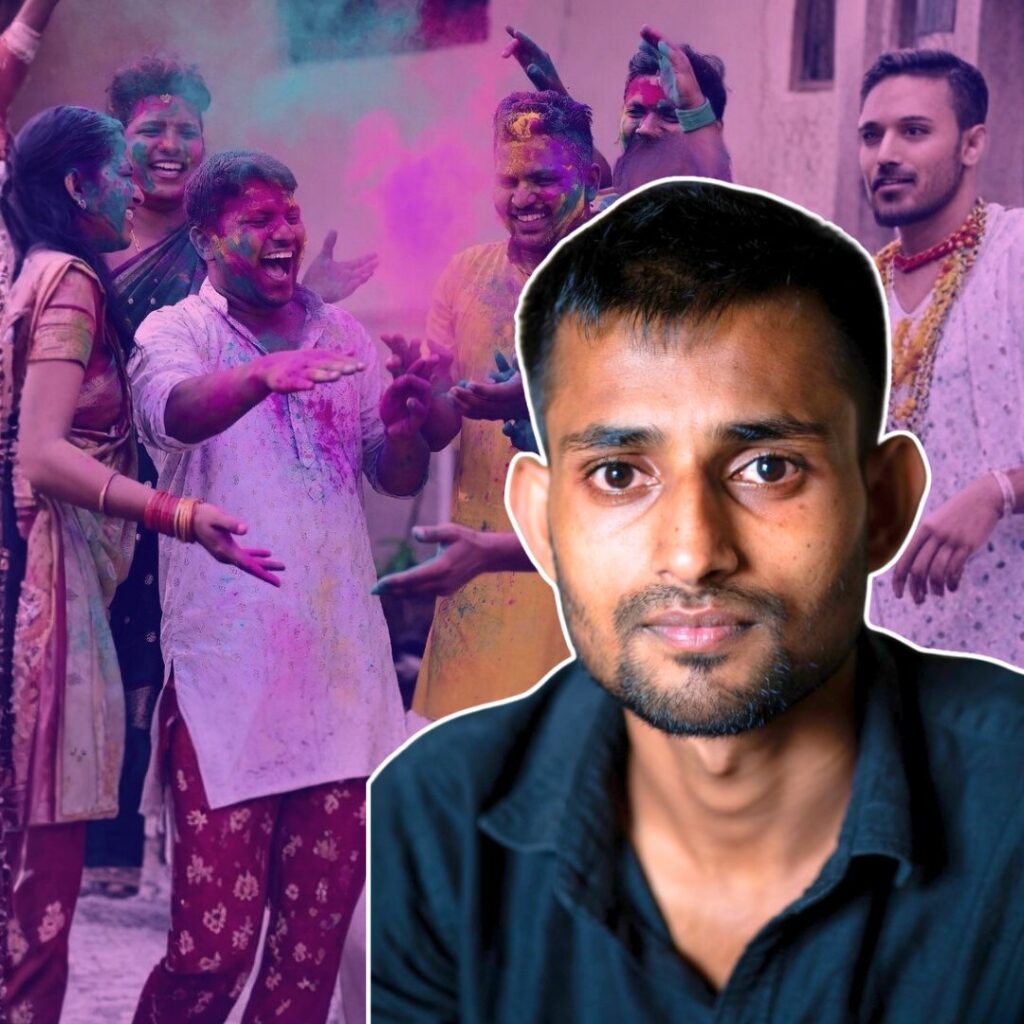Two prominent national bodies have presented sharply contrasting assessments of Kolkata’s safety for women, raising debates about perception versus statistics. The National Crime Records Bureau (NCRB) released its 2023 crime data in October 2025, ranking Kolkata as India’s safest major city for the fourth consecutive year based on a low rate of cognisable offences against women.
The NCRB report shows Kolkata recording 83.9 offences per lakh people, including a declining number of crimes against women. However, less than two months earlier, the National Commission for Women (NCW) published its National Annual Report and Index on Women’s Safety (NARI) 2025, ranking Kolkata below average for women’s safety, behind cities like Mumbai, Visakhapatnam, and Bhubaneswar.
The NCW’s findings, drawn from surveys and feedback reflecting the lived experiences and perceived safety of women, paint a more troubling picture. While state officials laud the NCRB rankings as a reflection of successful policing and effective crime prevention, many activists and victims challenge these numbers as an incomplete representation of women’s realities on the ground.
Statistical Safety: NCRB Data and Official Standpoints
The National Crime Records Bureau’s 2023 report underscores a steady decline in crime rates in Kolkata, particularly concerning offences against women. Between 2021 and 2023, total cognisable crimes reported dropped from 14,591 to 11,843, while crimes against women reduced from 1,890 cases in 2022 to 1,746 in 2023. This corresponds to a crime rate of just 25.7 against women per lakh population, positioning Kolkata behind only cities like Chennai and Coimbatore with even lower figures.
NCRB officials credit rigorous efforts by the Kolkata Police, including enhanced community policing, proactive patrolling, and the use of surveillance technology, for this positive trend. The police commissioner Manoj Kumar Verma emphasised the city’s improved law enforcement measures and community vigilance, describing these statistics as hard evidence reflecting a safer urban environment for women.
Authorities argue that the NCRB’s data-driven approach, based on verified police records of registered cases, represents the most reliable measure of safety. They caution against over-reliance on perception-based surveys, which they say can be influenced by isolated incidents and media reporting. According to this view, Kolkata’s consistent ranking as the safest city over the past four years highlights measurable progress in curbing serious crimes against women.
Perceived Safety: NCW Report and the Ground Realities
In sharp contrast, the National Commission for Women’s 2025 NARI report draws on a wide-ranging survey of more than 12,000 women across several cities, including Kolkata. Unlike NCRB’s focus on registered crimes, the NCW report incorporates women’s perceptions of safety, accessibility of police help, infrastructure adequacy, and frequency of harassment or intimidation in public spaces. The findings position Kolkata below average for women’s safety, alongside other metropolitan areas such as Delhi and Jaipur, and behind smaller cities like Visakhapatnam and Bhubaneswar.
Women surveyed reported frequent instances of street harassment, inadequate street lighting, poorly maintained public transport, and slow police responsiveness, especially during nighttime. Many expressed fear of venturing out alone after dark, citing concerns about stalking, eve-teasing, and other forms of gender-based violence that rarely make it into official crime statistics.
The Discrepancy: Data Gaps and Unreported Crimes
The diverging conclusions of the NCRB and NCW reports highlight a fundamental challenge in measuring women’s safety: underreporting and the varying definitions of safety. Activists and victims argue that many crimes, particularly harassment and minor assaults, go unreported due to social stigma, fear of victim-blaming, and mistrust of the police.
Some cases may be recorded under less serious offences or avoided altogether. For example, the father of a well-known rape victim in Kolkata publicly questioned the reliability of NCRB figures, stating that official data glossed over systemic issues and the scale of unreported crimes.
Legal experts and civil society members stress the need for more comprehensive approaches that combine police data with community feedback, helpline records, and independent audits. They advocate for more transparent data collection and the strengthening of victim support services. Meanwhile, the Kolkata Police maintain that their successes are tangible, pointing to initiatives like women’s help desks, night patrols, and awareness drives.
The Logical Indian’s Perspective
The conflicting narratives on Kolkata’s safety challenge us to think beyond mere statistics. True safety encompasses both a reduction in crimes and the broader social and emotional environment that enables women to live freely without fear.
While data like NCRB’s offers an important benchmark, the stories and perceptions voiced in NCW’s report remind us that numbers alone cannot capture the full truth.
At The Logical Indian, we advocate for a holistic understanding of safety-one that honours both empirical evidence and the voices of those directly affected. Empowering women through participatory dialogues, improved infrastructure, accountable policing, and education must complement crime prevention efforts.












